Iraq oil minister expects deal to up oil exports
Iraqi Oil Minister Ihsan Abdul Jabbar expects to reach an agreement soon with the OPEC+ group over increasing Iraq’s crude oil exports, state news agency INA stated
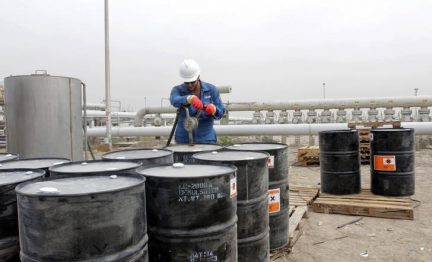
Iraqi Oil Minister Ihsan Abdul Jabbar expects to reach an agreement soon with the OPEC+ group over increasing Iraq’s crude oil exports, state news agency INA stated
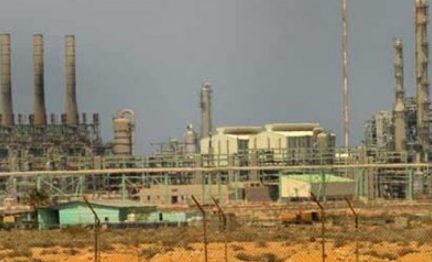
OPEC and its allies are watching efforts to resume oil output in Libya very closely, OPEC sources said, although producers should wait to see if there is a sustainable restart before reacting
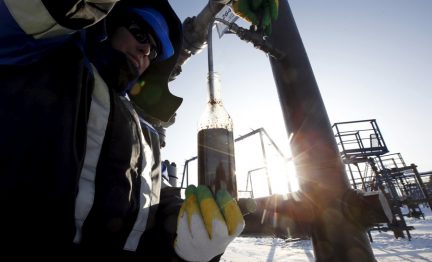
The bank raised its 2020 Brent and US West Texas Intermediate (WTI) price forecasts by $2 to $43 per barrel and $39, respectively. For 2021, the bank expects Brent and WTI prices to average $53 and $50 per barrel, respectively.
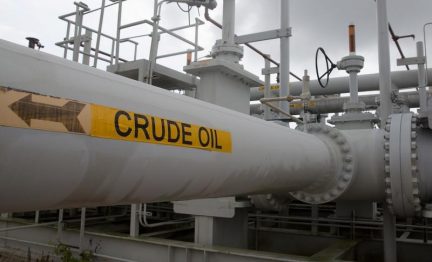
OPEC and allies, led by Russia, are scheduled to hold an online meeting to discuss compliance with their agreed output cuts and demand trends amid falling oil prices and a faltering economic recovery outlook

Venezuela’s state-run PDVSA is preparing to recover a portion of the oil output lost in recent months by boosting crude blending operations at its main producing region, the Orinoco Belt
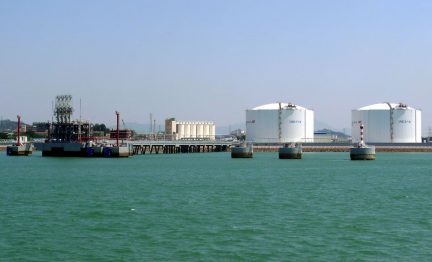
The Paris-based IEA cut its 2020 outlook by 200,000 barrels per day (bpd) to 91.7 million bpd in its second downgrade in as many months

World oil demand will fall more steeply in 2020 than previously forecast due to the coronavirus and recover more slowly than expected next year, OPEC said, potentially making it harder for the group and its allies to support the market
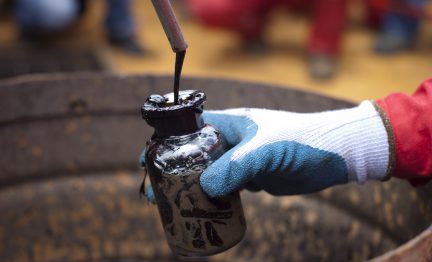
Oil futures clawed back some of the losses they sustained in the previous session, but a rebound in COVID-19 cases in some countries undermined hopes for a steady recovery in global demand

The Organization of the Petroleum Exporting Countries and its allies may discuss this month which countries have lagged in reducing their oil output under a global oil cut deal, Russian Energy Minister Alexander Novak said
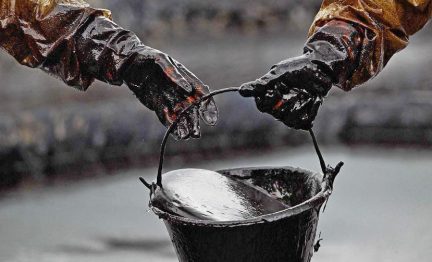
Keisuke Sadamori, IEA director for energy markets and security, assured that the outlook for oil was in the midst of either a second wave or a steady first wave of the coronavirus